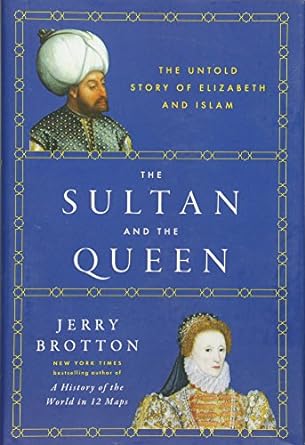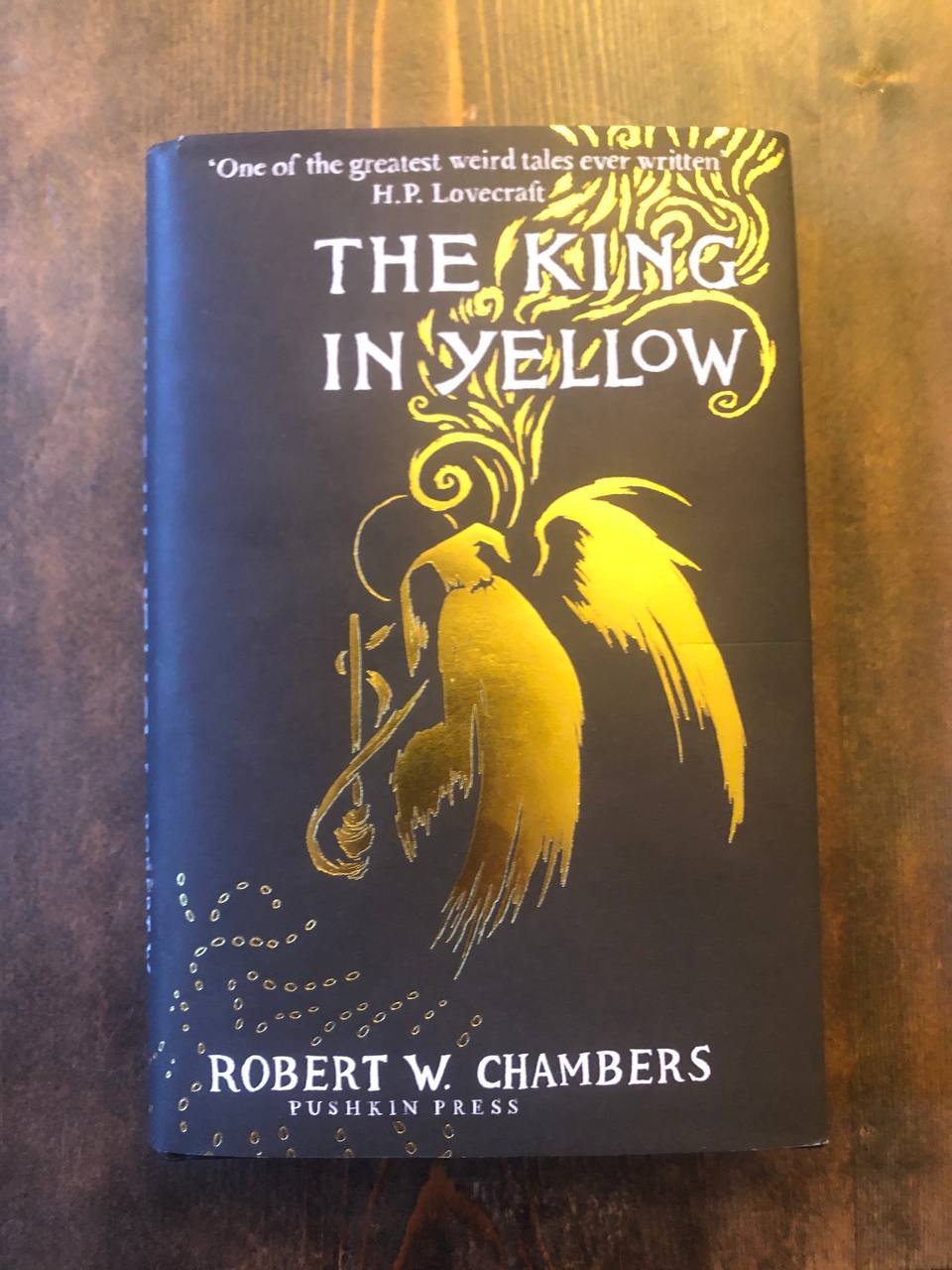|
UFOs: Generals, Pilots, and Government Officials Go on the Record
By Leslie Kean Published in August 2011 352 Pages Thibault’s Score: 4/5 This was an extremely strange book. This book is a compilation of interviews with various retired high level government and military officials talking about their experiences with UFOs. The forward was written by Hillary Clinton’s chief of staff John Podesta. Whether or not the human race has made contact with extraterrestrials remains to be seen. However, it seems completely incontrovertible to me that high level military, government, and intelligence officials believe that earth has made contact with extraterrestrials. Most of the witnesses of UFOs interviewed in this book are military pilots and ground control staff. Almost all of the encounters described in this book were captured on various equipment (radio, sonar, camera, radar, etc…); and aren’t just eyewitness accounts. What is fascinating is that the officials who witness these various UFOs do not immediately assume it is simply a complicated or unusual weather phenomena or top secret technology from other states; but instead assume that they are extra terrestrial. If you are looking for a good introduction into the question of UFOs, then I would recommend this book as a good starting place.
0 Comments
The Sultan and the Queen: The Untold Story of Elizabeth and Islam
By Jerry Brotton Published in September 2016 338 Pages Thibault’s Score: 5/5 On its face, this book is a history of late medieval England’s relationship with the Ottoman Empire. However, when you dig deeper, it is much more than that. It is actually the history of the beginnings of international trade, global empire, and of a multicultural England. I’m not a big fan of the writing style. I think that the style suffers from academic pedantry, although it isn’t too bad. The writing style isn’t exceptionally clear or concise, but it isn’t bad either. The book covers a wide variety of different contacts in-between Elizabethan England and the Ottomans - military, artistic, and most importantly commercial. It immediately becomes very clear that by the 1500s, England and the Ottoman Empire were much more closely connected than the average person would imagine. The first, and most obvious, connection in between England and the Ottoman Empire is geopolitical. The two shared a common enemy: the Habsburg Holy Roman Empire. Previously, the Ottomans had briefly allied with another Habsburg enemy: France. The Ottomans had a history of alliances with various Christian powers such as Wallachian, Byzantium, Venice, and many others. In 1500, the European country with the largest population of Christians was the Ottoman Empire. From the English perspective, Islam was foreign; but from the Ottoman perspective, Christianity was well understood. Although geopolitics was the main initial driver of Elizabethan and Ottoman relations, it would have - by far - the smallest impact. Within decades of geopolitical contact, trade flourished. Many Englishmen found themselves in the Ottoman Empire; and many Ottomans in England. Very quickly, Turks become a staple of pop culture. The book goes on - at length - about how the Ottomans appear in fictional books, songs, and plays. Even the great Shakespeare writes extensively about Ottomans in plays such as “The Merchant of Venice” and “Othello.” Although I found this to be, by far, the least interesting part of the book, it still managed to captivate me. Finally, the most important connection between England and the Ottoman Empire is through trade. This trade will lay the foundation for later British colonialism. It begins with something I had never heard of: the English state-owned Muscovy company, which was created to attempt to access Middle Eastern markets through Russia. Although trade through Russia would prove ruinously expensive, the nature of state-owned trading companies (as opposed to more market driven initiatives as existed in Italy) would become the bedrock of colonialism. This book details fascinating encounters and adventures involving British merchants in Persia, the Indian Ocean, Russia, Crimea, Morocco, and sub-Saharan Africa. The stories of the brave merchants, who opened the world, is ultimately why I gave this book a five. I recommend reading this book to understand how trade opened up Europe. The King in Yellow
By Robert W. Chambers Published in 1895 160 Pages Thibault’s Score: 2/5 The King in Yellow is a collection of short stories written in the late 19th century by American author Robert Chambers. I bought the book for three reasons. First, it was a favorite of HP Lovecraft, who is an author who influenced me. Second, I physically liked the book (it's beautifully printed, pictured is my copy). Finally, I wanted to have some short stories that I could quietly read (not audiobook) while my daughter sleeps. I was hoping for some Lovecraftian cosmic horror. Instead, I got some mediocre sappy 19th century romantic fiction mixed in with discount Edgar Allan Poe tier spooky fiction. Because I don’t recommend it, this review will contain spoilers. The first story that I read, called The Repairer of Reputations, had an extremely interesting set up. It takes place in New York in 1920. Of course, because the book was written in 1895, it isn’t our 1920 - its 1920 as it was imagined by an American upper-class elite author from 1895. The story correctly predicts WW1, the militarization of America, the exclusion of Jews from immigrating to the US, and the redevelopment of New York city. It also makes some seemingly absurd predictions such as the creation of an independent negro state in Louisiana. I got a great dystopian vibes from it. However, the rest of the story fell flat. I then read a mediocre soppy romance story about two sculptors who loved the same French woman, and a boring lazy story about some guy who fell asleep during mass at a church and had a nightmare. Finally, the last story was about a painter who saw a creepy man staring at him from the window. It was a little bit more mysterious than the other three stories, and had some better Lovecraftian elements; however it still fell short. Overall I do not recommend the King in Yellow. |
Thibault SerletMost of my articles are book reviews, but I also write about many other topics. Archives
December 2023
Categories |



 RSS Feed
RSS Feed